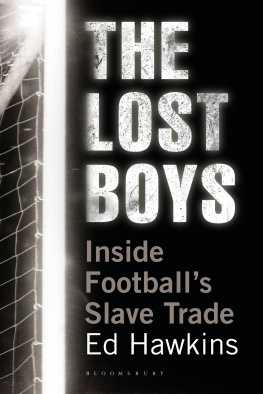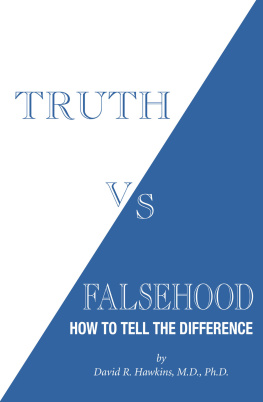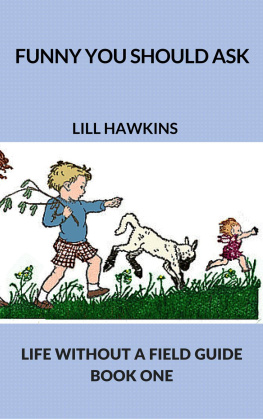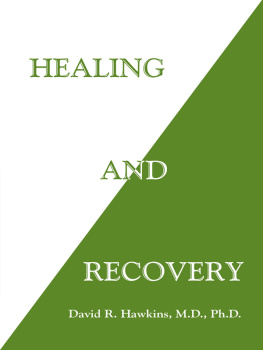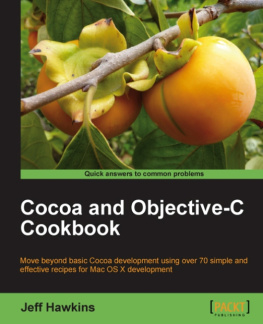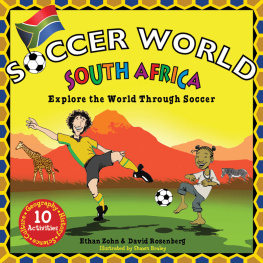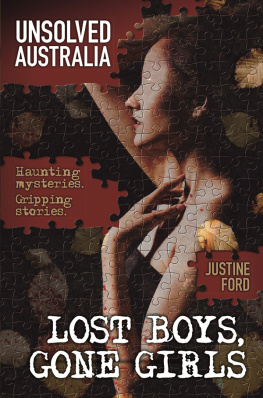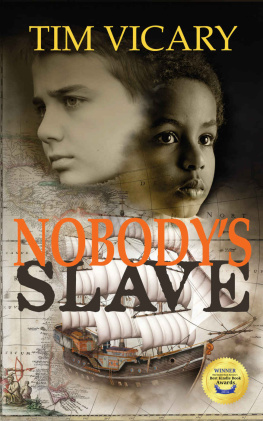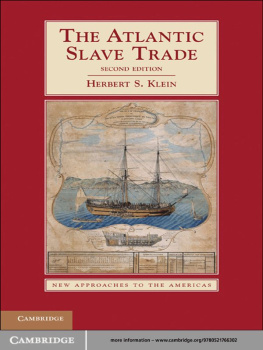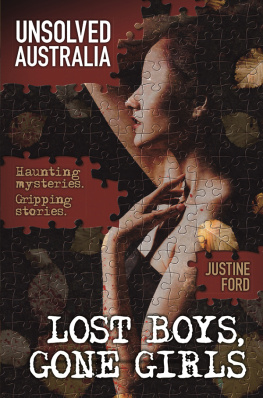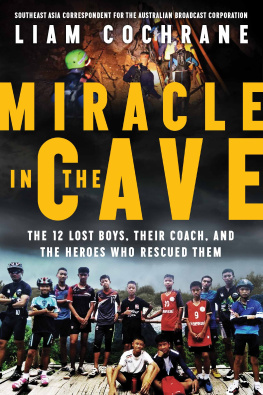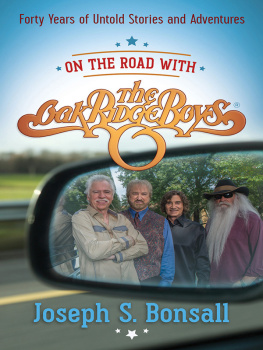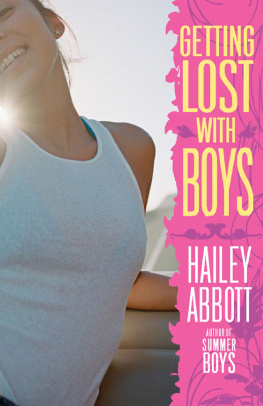

Some names have been changed for security reasons
Contents
Article 19 Protection of Minors
1 International transfers of players are only permitted if they are over 18.
2 The following exceptions to this rule apply:
a) the players parent moves to the country in which the new club is located for reasons not linked to football.
b) the transfer takes place within the territory of the European Union or European Economic Area and the player is aged between 16 and 18.
c) the player lives no further than 50 kilometres from a national border and the club with which the player wishes to be registered in the neighbouring association is also within 50 kilometres of that border. The maximum distance between the players domicile and the clubs headquarters shall be 100 kilometres. In such cases, the player must continue to live at home and the two associations concerned must give their explicit consent.
With only a football shirt on their backs, boots in a bag and hope in their hearts, they come in their thousands. They are footballs young dreamers. Inspired by the glamour of Europes top leagues and cajoled by agents who tell them they can be the next big star, these children leave their families in Africa for the football pitches of France, Spain and England to make their fortune.
But the dream quickly becomes a nightmare. Instead of the metaphorical on-field battle for the likes of Paris Saint-Germain, Real Madrid or Chelsea, they are faced with a literal fight for survival. The challenge is not convincing the manager that they deserve to be in the starting XI, but to find somewhere to sleep, something to eat.
Unwittingly they have become footballs dirty little secret. Victims of the sports version of human trafficking: a slave trade which breaks up families, ships boys to foreign cities and abandons them. All for the pursuit of money.
It is a tale of tragedy and exploitation. In these pages you will read about footballs trafficked kids. Theres Sulley from Burkina Faso, who went to Portugal at 16 only for his agent to ditch him when he couldnt find him a club. Ben, also 16, paid an unscrupulous agent 3,000 to take him from Cameroon to Paris for trials at clubs. He was told to wait at a hotel. The agent never came back. Didier, another Cameroonian, was traded around the world as young as 13. Then theres Jay-Jay from Guinea. Poor, heartbroken Jay-Jay.
These are not one-off examples. The United Nations Commission on Human Rights released a report in 2009 warning that a modern slave trade is being created with young African players. Foot Solidaire, a charity set up by the former Cameroon international Jean-Claude Mbvoumin to counter football trafficking, reported that there were 7,000 cases in France alone in nine years from 2005.
The trade is repeating one of the grimmest periods in human history. The plantation fields have been replaced by football fields. With the majority of boys being brought from Africa because they are considered to be cheaper, stronger, faster, more agile, they are paraded in front of predominantly white masters managers, coaches, scouts who pick the most suitable. If they are lucky, they are rewarded with a salary and a place to stay. If they are not, they are cast into the void, ending up in drugs, prostitution and crime.
It is a tragedy on a mass scale and one that football has paid lip service to. In 2003, Sepp Blatter, the president of Fifa, footballs governing body, laid the blame firmly at the feet of Europes clubs. He said they were neo-colonialists who dont give a damn about heritage and culture but engage in social and economic rape by robbing the developing world of its best players. He called the recruitment of children from Africa unhealthy if not despicable. In an effort to curb it, Fifa introduced in 2003 Article 19, a law which made it illegal for players under the age of 18 to be transferred across international borders.
Six years later, in 2009, Fifa revealed that half a million players under the age of 18 were still being sold to clubs. It is our duty to the youth of the world to protect young players, Blatter said. We must do it together. Stop the slavery of these young players! These sentiments were echoed by Michel Platini, the president of Uefa, European footballs governing body, who wanted a complete ban on the transfer of minors.
The slave trade, however, has continued unabated. And each year more boys end up roaming the streets of London or Paris or Madrid. More money finds its way into the pockets of rogue agents. More tears are shed. This increasingly emotive issue has attracted more attention, particularly from those outside football.
At a conference on human trafficking in London in 2014, the Archbishop of Westminster, Cardinal Vincent Nichols, opined: There seems to be almost no enticement that isnt being used. They come in search of a dream, but of course dont find it. He said more needed to be known about football trafficking.
The aim of this book is to do exactly that; to put together the jigsaw puzzle that is footballs unedifying trade in kids. At the start, I had just a handful of pieces. There was the greedy football industry desperate for talent which could be turned into points on a Saturday afternoon or millions of pounds in the transfer market. Then there were the sorrowful faces of the victims and their stories. The two types of trafficking that a young footballer could be tricked by were also revealed.
First, the agent who arranged a trial in Europe for the player, only to jettison him without a passport, money or any means to return home when the club was not interested. The second saw an agent ask families to raid their life savings so he could buy the player an airfare for trials with some of Europes biggest clubs. As soon as the boy left the departure gate, the agent was not seen again.
I would later discover two vital pieces of the puzzle just who was responsible for the scams and the methods they used.
The real devil would be found in the detail. How were agents and clubs circumnavigating Fifas Article 19, which was supposed to protect children? How were passports and visas being acquired? How were immigration laws ignored? What was a slave contract?
To find answers to such questions I had to go undercover, to go inside footballs slave trade. I spoke to the scouts and agents who revealed exactly how they moved players from Africa to Europe, unwittingly revealing exactly why there were thousands of young boys kicking their heels, instead of a football, in Europe. I discovered why there were almost two football XIs of African hopefuls in a small town in Cyprus. And in the grim criminal underworld of Accra in Ghana, West Africas footballing hotbed, I was able to negotiate to buy a child and the necessary documents to take him to Europe.
I sought to fathom the football and social culture in Africa, charting the rise of football academies funded by Europes top clubs, and to understand why families would give up for adoption a child at the merest whiff of a career in football.
The clubs, too, were exposed. It is their insatiable desire for young talent that ensures there is a market for children. Some of footballs grandest, and oldest, institutions, like Barcelona and Real Madrid, come under the spotlight. Qatar, the new money in football, were also questioned about the movement of minors. Why was this country, newly obsessed with football, buying 13-year-olds from families and taking them to their academies? Were they using them to build a team for the tainted 2022 World Cup? English clubs were not immune. How had their negligence fuelled the trade? Fifa and its lawmakers, naturally, came under the scanner. Why had they failed to stamp out the problem, instead of effectively stamping passports? Why had they rejected a partnership with Foot Solidaire, footballs anti-trafficking charity?

